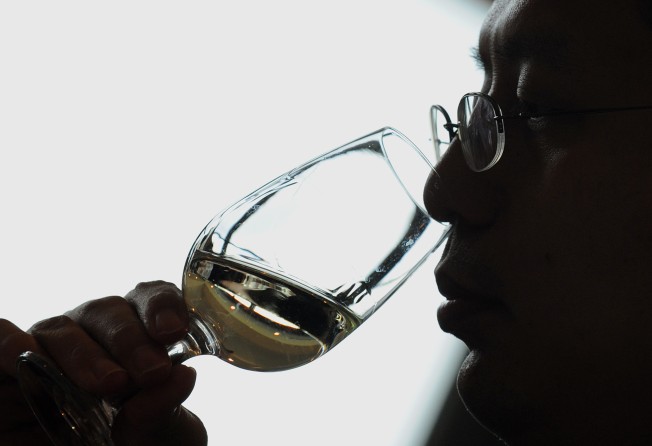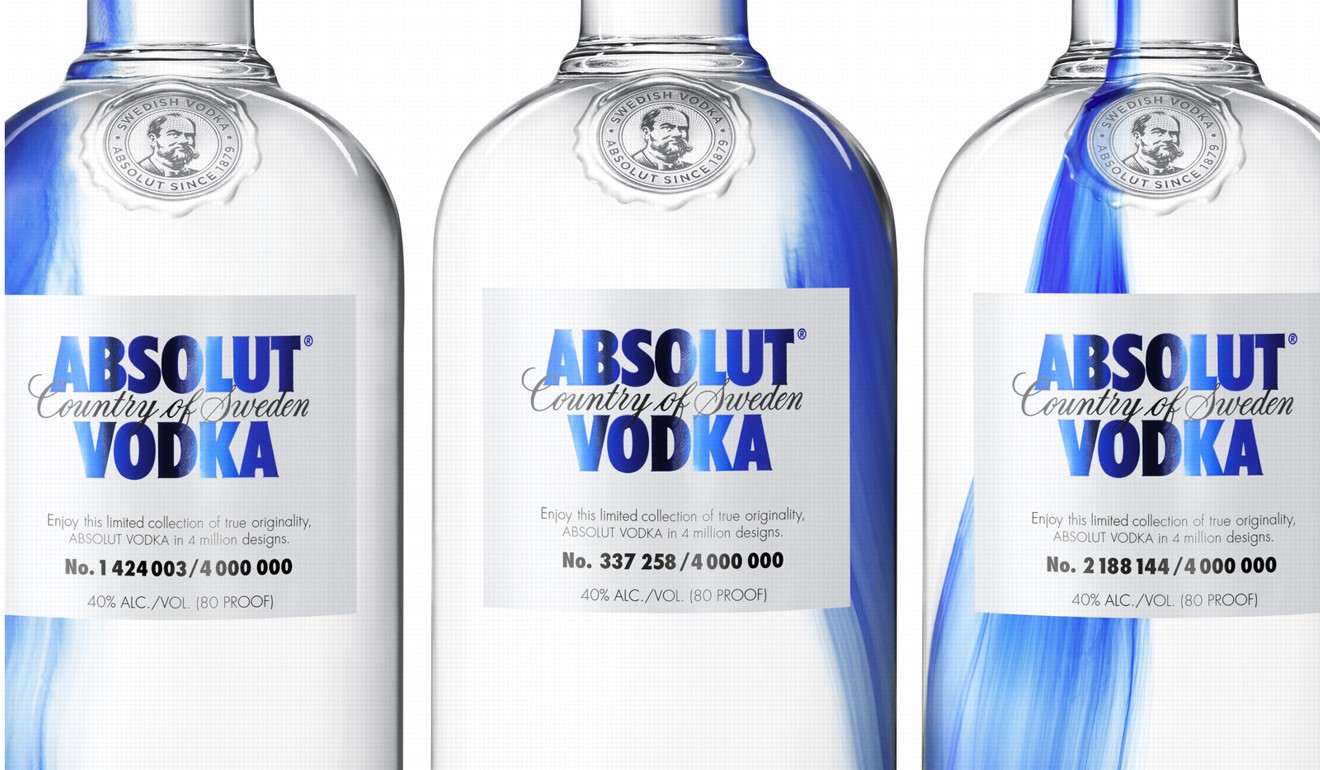Maker of Absolut Vodka softens its hard liquor for the millennial age through social media
Firm’s 2018 capital market day held in Shenzhen, as chairman and chief executive officer wanted to showcase the company’s collaboration with Tencent and the theme of ‘China innovation’

French company Pernod Ricard, the world’s second largest distiller, sees digitalisation as one of the essential ways to connect with Chinese millennials.
The firm held its 2018 capital market day this week in Shenzhen, an area known as China’s Silicon Valley, presenting before more than 60 analysts, investors, as well as journalists, many hailing from all over of the world.
“We think it is a great idea for us to come back to China to hold the capital market day after five years, as the performance is strong in China,” said Alexandre Ricard, chairman and chief executive officer of the distiller, which owns famous alcohol brands such as Absolut Vodka and Martell Cognac. “We chose Shenzhen because we want to showcase the collaboration with Tencent and the theme of China innovation.”
“We are going to continue to expand our footprint in China and given the size of this market there is still room to really grow,” he said.
Ricard, 46, who assumed the role of chairman and chief executive in 2015, is the grandson of the company’s founder.
The distiller is also trying to reach mainland millennials with new marketing approaches, including “Ask Jerry”, a chatbot that appears on WeChat.
Sporting a black suit and stylishly trimmed beard, Jerry is a virtual representation of a twenty-something bartender. He can recommend customised cocktails to suit unique tastes and is also a pitchman for cocktail kits intended for home entertainment.
The company did not disclose the number of users of the chatbot, but it said 62 per cent of its users thought Jerry was a real person, which could partly explain its popularity among Chinese youngsters – many of whom are single-children looking for conversation and contact with others.
The company has also partnered with Tencent in areas of content production, brand marketing, and market research.

The tie-up represents Tencent’s first foreign joint business partner in the premium spirits segment. Pernod Ricard has a roughly 40 per cent share of the premium imported spirits sold in China by volume, placing it ahead of its major rivals, according to the company.
Online sales have arisen as the fastest growing channel for Pernod Ricard globally.
“In the next 10 years, we are confident that online sales of products will account for double-digits in terms of overall retail sales in China,” said Philippe Guettat, CEO of Pernod Ricard Asia. Currently, online sales account for a fraction of the group’s overall global sales.
Pernod Ricard, which entered China 30 years ago, has experienced a robust surge in sales in the last two years.
Among the challenges are wooing new consumers away from traditional Chinese spirits such baijiu – a fiery local liquor made from grain that is a favourite among older drinkers. Baijiu accounts for around 99 per cent of spirits consumption in China, and 60 per cent of consumption in the premium alcohol segment, according to research by J.P. Morgan.
In contrast, imported spirits account for only around 1 per cent of national consumption. The company hopes the penetration rate will double to 2 per cent by 2025.
China currently accounts for around 9 per cent of the group’s global sales of 9 billion euros (US$10.5 billion).
“There is going to be a significant increase in investment in China both in absolute terms and growth rate,” said Ricard.
He added that this year the company will redirecting its sales and market efforts by “drilling into lower tier cities”.
The company’s China sales have been picking up in the last nine months through March, following slack growth since 2013 amid the government’s clampdown on corruption.